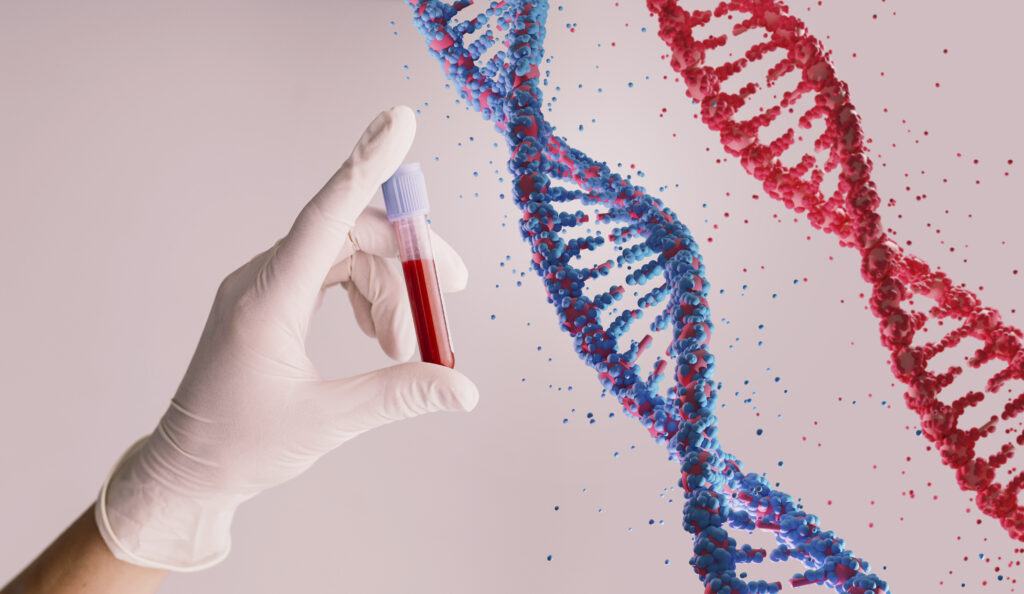Genetic diseases are disorders caused by abnormalities in the DNA that can be inherited or arise from mutations. These conditions can affect various systems in the body, leading to a wide range of health issues, from mild to life-threatening. Understanding the causes, effects, and current treatments for genetic diseases is crucial for both individuals and medical professionals as we move toward more effective solutions.
What Are Genetic Diseases?
Genetic diseases occur when there are changes or mutations in an individual’s DNA, which is the blueprint for how the body portatore sano malattie ereditarie functions. These mutations can happen in a single gene or across multiple genes, leading to dysfunctional proteins or enzymes that disrupt normal bodily functions. Genetic diseases can be inherited from parents, passed down through generations, or result from new, spontaneous mutations.
Some genetic disorders are linked to a single gene, while others are related to larger chromosomal abnormalities. For instance, sickle cell anemia is caused by a mutation in the hemoglobin gene, while Down syndrome arises from an extra copy of chromosome 21.
Causes of Genetic Diseases
Genetic diseases are typically caused by mutations in the DNA sequence. These mutations can occur in several ways:
- Point mutations: A change in one nucleotide in the DNA sequence, which can lead to disease. For example, a single point mutation in the hemoglobin gene causes sickle cell anemia.
- Chromosomal abnormalities: Changes in the number or structure of chromosomes, such as in Down syndrome, where individuals have an extra chromosome 21.
- Insertions and deletions: In some cases, a small portion of DNA may be added or removed, causing diseases like cystic fibrosis, which is caused by a deletion of three base pairs in the CFTR gene.
These mutations can be inherited from one or both parents or can occur spontaneously due to environmental factors or errors during cell division.
Inheritance Patterns
Genetic diseases follow different inheritance patterns depending on the mutation involved:
- Autosomal dominant: In this pattern, a single copy of a mutated gene can cause the disease. If one parent carries the mutation, there is a 50% chance the child will inherit the disease. Examples include Huntington’s disease and Marfan syndrome.
- Autosomal recessive: Here, both copies of the gene (one from each parent) must be mutated for the disease to manifest. Cystic fibrosis and sickle cell anemia are examples of autosomal recessive diseases. Carriers do not show symptoms but can pass the mutation to their children.
- X-linked: These conditions are caused by mutations in the X chromosome. Males, who have only one X chromosome, are more likely to be affected. Hemophilia and Duchenne muscular dystrophy follow this pattern.
- Mitochondrial inheritance: Mitochondrial diseases are inherited solely through the mother, as mitochondria are passed from mother to offspring via the egg. These diseases often affect energy production in the body’s cells.
Impact of Genetic Diseases
Genetic diseases can have a profound impact on individuals and families. Physically, they may lead to chronic health issues, developmental delays, or organ dysfunction. Mentally and emotionally, the diagnosis of a genetic disorder can cause stress and anxiety, particularly if the condition is life-threatening or progressive.
The economic burden of genetic diseases can also be significant due to ongoing medical treatments, therapies, and sometimes lifelong care. However, early diagnosis and treatment can often help manage symptoms and improve quality of life.
Advances in Treatment
While many genetic diseases are currently incurable, there have been significant advancements in treatment. Gene therapy, which involves replacing or correcting defective genes, holds promise for curing certain genetic disorders. CRISPR, a revolutionary gene-editing technology, has shown potential in correcting genetic mutations at the DNA level, offering hope for conditions like sickle cell anemia and muscular dystrophy.
Other treatments include enzyme replacement therapy for conditions like Gaucher disease, where missing enzymes are artificially introduced into the body. Personalized medicine, which tailors treatments to an individual’s genetic profile, is also becoming increasingly important in managing genetic diseases.
Conclusion
Genetic diseases, while diverse and often challenging, are an area of significant medical research. With advances in genetics and biotechnology, there is hope for more effective treatments and possibly cures in the future. Continued research, early diagnosis, and innovative therapies are crucial for improving the lives of those affected by genetic disorders.
